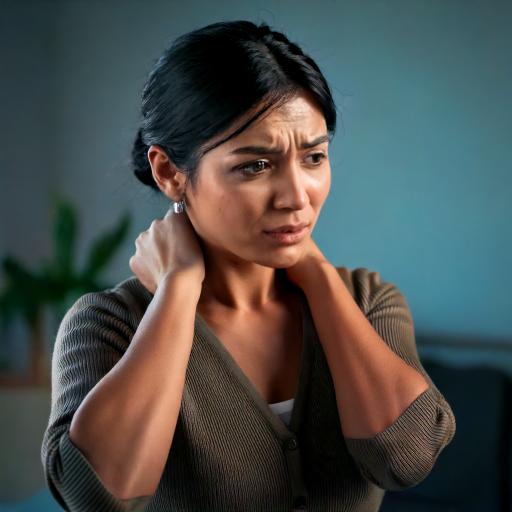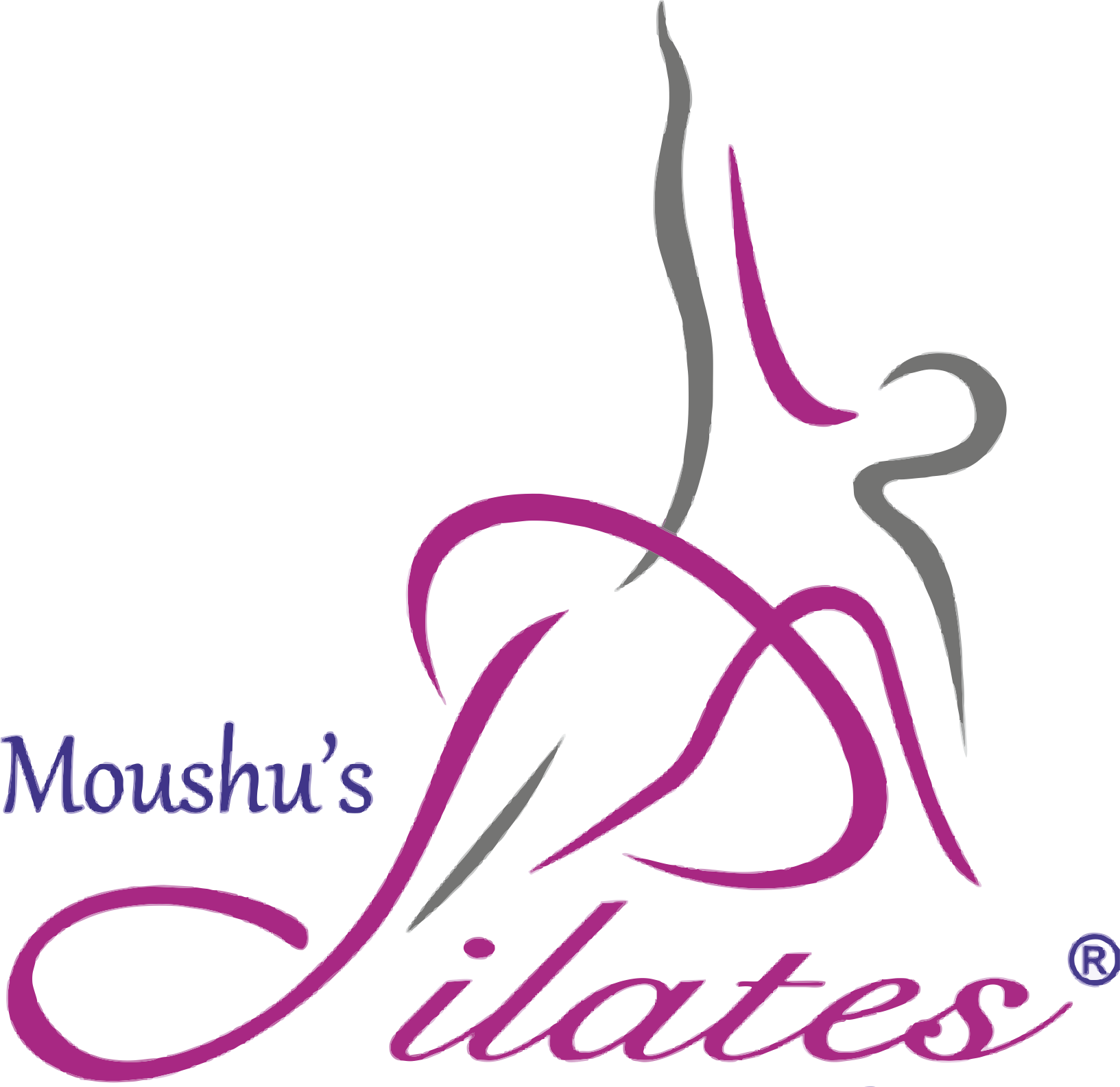Slipped Discs: Causes and Cure

What is a Cervical Disc Herniation?
You may have heard of a condition called “slipped disc” that occurs when a disc in the neck bulges or ruptures into the spinal canal.
Physiotherapists have another term for this- Cervical Disc Herniation. It occurs in the “spine of the neck” or the cervical spine where wear and tear or disturbance of a disc can cause stiffness, pain while moving and reduce one’s range of motion.
It’s a fairly common condition that causes acute neck pain in those affected. Around 10% of our clients at Moushu’s Pilates suffer from cervical disc issues, but on the bright side, we can solve 80% of these ailments simply by employing thorough assessments and movement-related therapy.
What causes the Cervical Disc to Herniate?
While the exact cause of Cervical Disc Herniation is a widely debated subject among physiotherapists, recent research has narrowed down disc-related pathologies to 3 main causes:
- Age-related changes
- Trauma to the neck
- Inefficient shoulder-placement
Of these 3 root causes, age-related changes and neck-trauma pose less of a challenge to treatment as once pain is managed in both cases, the next step is to treat the issue through exercise.
However, inefficient shoulder-placement raises a dilemma as to what problem should be tackled first- the disc or the shoulder?
In this case, modern research suggests that once a thorough assessment has ruled out the first two causes, first tackling the shoulder muscle inefficiencies and correcting the shoulder alignment via exercise will invariably help drastically reduce cervical pain. Additionally, “dropped shoulder” is stated to be one of the leading causes in adult patients with lower cervical issues. Hence, the approach to address shoulder-placement as a preliminary step to treating this condition is a more effective strategy.
Some additional causes are postural; as Indians, we have a tendency to sit in a sloped, curved posture, whether it is at a desk, on the ground or even at the dinner table. This poor posture is then reinforced when we lift items such as weights at a gym, groceries or even while carrying children. While common misconception suggests simply tucking your shoulders back or having a parent poke you in the back to get you to sit up straight can correct posture, it isn’t all that easy. Treating neck cervical disc herniation is considerably more complicated, particularly when surrounded by so many myths about correcting improper posture.

How can we treat Cervical Disc Herniation?
The most important step for physiotherapists to understand how to treat each individual case of Cervical Disc Herniation, is through assessment. Once they have analysed a patient’s posture, movements, pain and medical history, they are then in a position to decide which of the 3 aforementioned causes is responsible for the problem.
In our experience, 80% of adults that seek treatment from us tend to have shoulder-related pathologies or inefficient shoulder placement such as downward rotated shoulder blades. We then conduct a movement assessment through which we can detect the over-firing of specific muscles, muscle imbalances, tightness and pain. The disc herniation itself then is treated using- distinct exercises to improve neck posture, rest and other recovery methods. Additionally, we work on the shoulder complex to avoid recurrence of disc herniation and neck pain.
The human body is a complex structure and each of its internal systems are inextricably linked to one another. Who would’ve imagined that mere posture could cause such a domino-effect of issues?
The good news is, our experts at Moushu’s Pilates are available to help you out virtually as well through our YouTube video below:
Author: Aaliyah Kuvawala
Clinical Exercise Physiologist (University of Queensland)
Co-Author: Sameera Shaikh
A person for whom it took 4 years and a degree in Hospitality to figure out she was in the wrong industry. Sameera is now a seasoned marketer who works in Brand Communications, Strategy and Content while dabbling in freelance content, blog and creative writing.
Tags:
#SlippedDisc #Physiotherapy #PilatesatHome #Movement #NeckInjury #ShoulderPlacement #PhysicalTherapy #Posture
A person for whom it took 4 years and a degree in Hospitality to figure out she was in the wrong industry. Sameera is now a seasoned marketer who works in Brand Communications, Strategy and Content while dabbling in freelance content, blog and creative writing.
